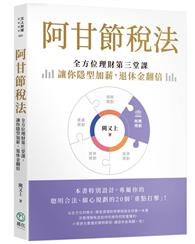The Gospel and Human Needs, penned by John Neville Figgis and originally published in 1911, delves into the intersection of Christian theology and social ethics. Figgis explores the application of Gospel principles to the pressing social issues of his time, offering a profound examination of human needs through a theological lens. This work stands as a significant contribution to the Social Gospel movement, advocating for the active role of the church in addressing poverty, injustice, and inequality.
Figgis’s insightful analysis provides a historical perspective on the evolving relationship between religious faith and social responsibility. His arguments, rooted in a deep understanding of Christian doctrine, encourage readers to consider the ethical implications of their beliefs and to engage actively in the betterment of society. This book remains relevant for those interested in the history of Christian social thought and the ongoing dialogue between faith and action.
This work has been selected by scholars as being culturally important, and is part of the knowledge base of civilization as we know it. This work was reproduced from the original artifact, and remains as true to the original work as possible. Therefore, you will see the original copyright references, library stamps (as most of these works have been housed in our most important libraries around the world), and other notations in the work.
This work is in the public domain in the United States of America, and possibly other nations. Within the United States, you may freely copy and distribute this work, as no entity (individual or corporate) has a copyright on the body of the work.
As a reproduction of a historical artifact, this work may contain missing or blurred pages, poor pictures, errant marks, etc. Scholars believe, and we concur, that this work is important enough to be preserved, reproduced, and made generally available to the public. We appreciate your support of the preservation process, and thank you for being an important part of keeping this knowledge alive and relevant.












